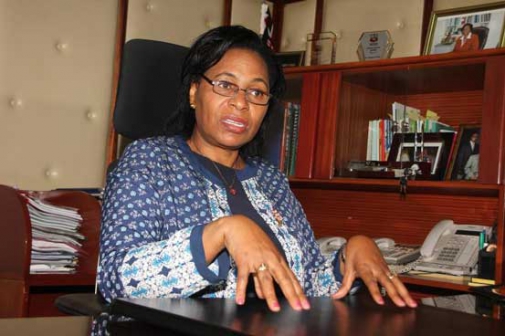×
The Standard e-Paper
Home To Bold Columnists

NAIROBI, KENYA: Governors have defended staff layoffs in the counties, citing a 2015 audit that recommended that 39,000 employees should be retired from the civil service.
Council of Governors (CoG) Chairman Josphat Nanok says the bloated workforce will be financially untenable in the long run, arguing the situation was compounded by outgoing governors who put officers such as county secretaries on permanent and pensionable terms.